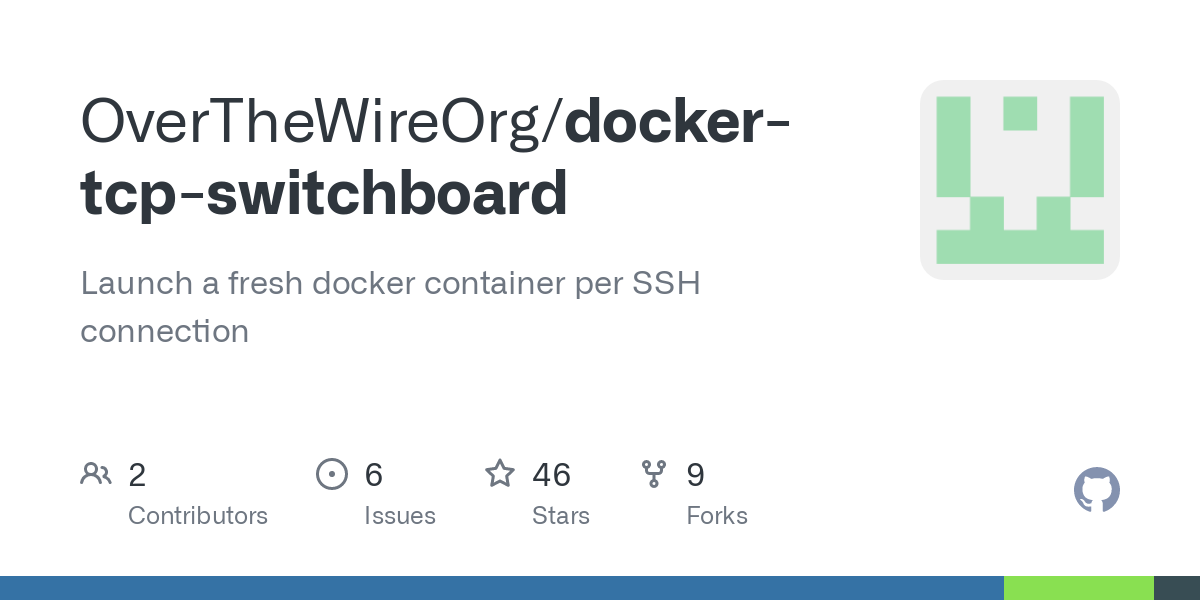So based on what you’ve said in the comments, I am guessing you are managing all your users with Nixos, in the Nixos config, and want to share these users to other services?
Yeah, I don’t even know sharing Unix users is possible. EDIT: It seems to be based on comments below.
But what I do know is possible, is for Unix/Linux to get it’s users from LDAP. Even sudo is able to read from LDAP, and use LDAP groups to authorize users as being able to sudo.
Setting these up on Nixos is trivial. You can use the users.ldap set of options on Nixos to configure authentication against an external LDAP user. Then, you can configure sudo
After all of that, you could declaratively configure an LDAP server using Nixos, including setting up users. For example, it looks like you can configure users and groups fro the kanidm ldap server
Or you could have a config file for the openldap server
RE: Manage auth at the reverse proxy: If you use Authentik as your LDAP server, it can reverse proxy services and auth users at that step. A common setup I’ve seen is to run another reverse proxy in front of authentik, and then just point that reverse proxy at authentik, and then use authentik to reverse proxy just the services you want behind a login page.









So, I’m not gonna pretend flatpak doesn’t use more space then normal apps, but due to deduplication (and sometimes filesystem compression), flatpaks often use less space than people think.
[nix-shell:~/Playables/chronosphere]$ sudo /nix/store/xdrhfj0c64pzn7gf33axlyjnizyq727v-compsize-1.5/bin/compsize -x /var/lib/flatpak/ Processed 49225 files, 21778 regular extents (46533 refs), 22188 inline. Type Perc Disk Usage Uncompressed Referenced TOTAL 53% 898M 1.6G 3.6G none 100% 499M 499M 1.0G zstd 34% 399M 1.1G 2.6G [nix-shell:~/Playables/chronosphere]$ du -sh /var/lib/flatpak/ 1.7G /var/lib/flatpak/I only have one flatpak app installed, and
dusays that takes up 1.7 GB of space… but actually, when using a tool that takes up BTRFS transparent compression into account, only half of that space is used on my disk.I recommend using compsize for a BTRFS compression aware version of
duandflatpak-dedup-checkerfor a flatpak filesystem deduplication aware checker of space used.I think flatpak absolutely does use up more space, because yes, it is another linux distro in your distro. But I think that’s a tradeoff people accept in order to have a universal package manager for graphical apps.
Also, you can flatpak cli tools. They are just difficult to run at first because you have to do the
flatpak run org.orgname.appnamething, but you can alias that to a short command. Here is a flatpak of micro, a terminal based text editor.(I prefer nix for cli tools though, and docker/podman/containers for services).